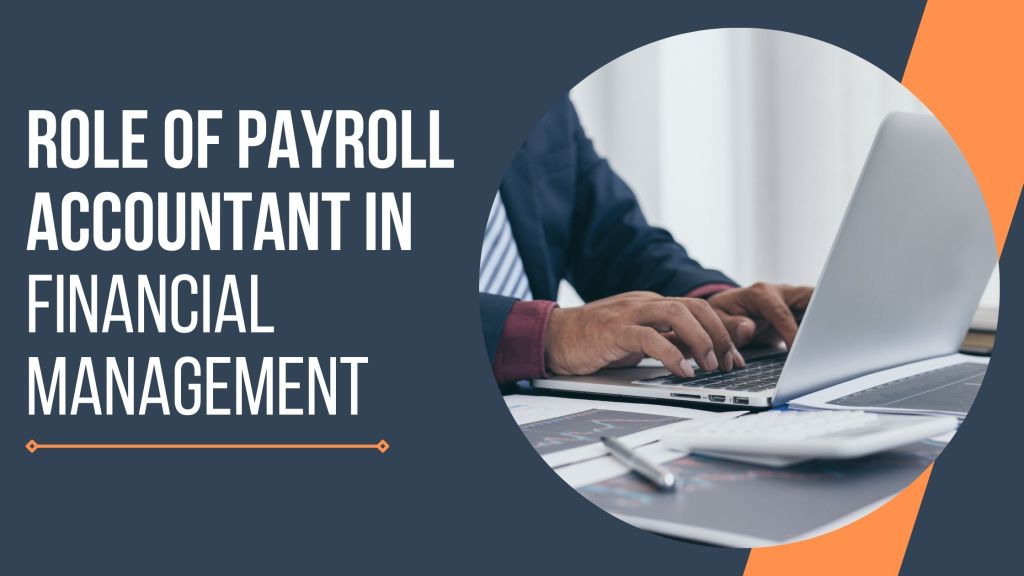Are you struggling to keep track of your finances? Is bookkeeping taking up valuable time and leaving you overwhelmed? Look no further! Expert Bookkeeping Services in London offers a comprehensive solution to streamline your finances and free up your time to focus on growing your business.
With a team of experienced professionals, Expert Bookkeeping Services understands the challenges that businesses face when it comes to bookkeeping. They provide personalised and tailored solutions to meet your specific needs, whether you’re a small startup or a large corporation. From managing invoices and expenses to reconciling accounts and preparing accurate financial reports, their expertise ensures that your financial records are up to date and accurate.

But it’s not just about crunching numbers. Expert Bookkeeping Services also puts a strong emphasis on communication and collaboration with their clients. They take the time to understand your business goals and challenges, providing proactive advice to help you make informed financial decisions. With their guidance, you can be confident in the financial health of your business.
Don’t let bookkeeping be a daunting task. Streamline your finances with Expert Bookkeeping Services in London and reclaim your time to focus on what you do best – running your business.
The Importance of Bookkeeping for Businesses
Bookkeeping is an essential aspect of running a business, regardless of its size. It involves the systematic recording, organizing, and managing of financial transactions. Accurate and up-to-date bookkeeping provides businesses with a clear picture of their financial health, allowing for informed decision-making and strategic planning.
One of the key reasons why bookkeeping is important is that it helps businesses keep track of their income and expenses. By recording all financial transactions, businesses can monitor their cash flow and identify areas where expenses can be reduced or optimized. This information is crucial for budgeting and ensuring that the business stays on track financially.
In addition to monitoring cash flow, bookkeeping also plays a vital role in tax compliance. Properly recorded financial transactions make it easier to prepare accurate tax returns and minimize the risk of errors or omissions. This not only ensures that businesses remain compliant with tax laws but also helps avoid any potential penalties or legal issues.
Furthermore, bookkeeping provides businesses with the necessary financial information to evaluate their performance and profitability. By analyzing financial statements and reports, businesses can identify trends, assess their financial ratios, and make adjustments to improve their bottom line. This information is vital for making informed decisions and setting realistic financial goals.
Overall, bookkeeping is a fundamental part of running a business. It provides businesses with accurate and organized financial records, helps monitor cash flow, ensures tax compliance, and enables informed decision-making. However, managing bookkeeping tasks can be time-consuming and complex, especially for businesses with limited resources or expertise. That’s where outsourcing bookkeeping services can be a game-changer.
Benefits of Outsourcing Bookkeeping Services
Outsourcing bookkeeping services offers numerous benefits for businesses, regardless of their size or industry. Here are some of the key advantages of outsourcing bookkeeping services:
- Time-saving: Bookkeeping can be a time-consuming task, especially for business owners who are already juggling multiple responsibilities. Outsourcing bookkeeping services frees up valuable time, allowing business owners and their staff to focus on core activities and strategic initiatives. Rather than spending hours on data entry and reconciliations, businesses can utilise their time more effectively.
- Expertise and Accuracy: Professional bookkeeping services in London employ experienced and skilled bookkeepers who specialise in managing financial records. These experts have a deep understanding of accounting principles and best practises. By outsourcing bookkeeping, businesses can benefit from their expertise and ensure that their financial records are accurate, up to date, and compliant with relevant regulations.
- Cost Savings: Hiring an in-house bookkeeper can be expensive, especially for small businesses. Outsourcing bookkeeping services eliminates the need for additional office space, equipment, and employee benefits. Businesses only pay for the services they require, which can be more cost-effective than hiring a full-time employee. Additionally, outsourcing bookkeeping services can reduce the risk of errors or fraud, which could potentially lead to financial losses.
- Scalability: As businesses grow, their bookkeeping needs may become more complex. Outsourcing bookkeeping services provides businesses with the flexibility to scale their services based on their requirements. Whether it’s managing increased transaction volumes, expanding to new markets, or handling complex financial reporting, professional bookkeeping services can adapt to meet the changing needs of a growing business.
- Access to Technology: Professional bookkeeping services often utilise advanced accounting software and tools to streamline processes and improve efficiency. By outsourcing bookkeeping, businesses can leverage these technologies without the need for additional investments. This not only enhances accuracy and productivity but also provides businesses with real-time financial insights and reporting capabilities.
By outsourcing bookkeeping services, businesses can leverage the expertise of professionals, save time and costs, and focus on their core activities. Now let’s explore some of the top bookkeeping services available in London.








